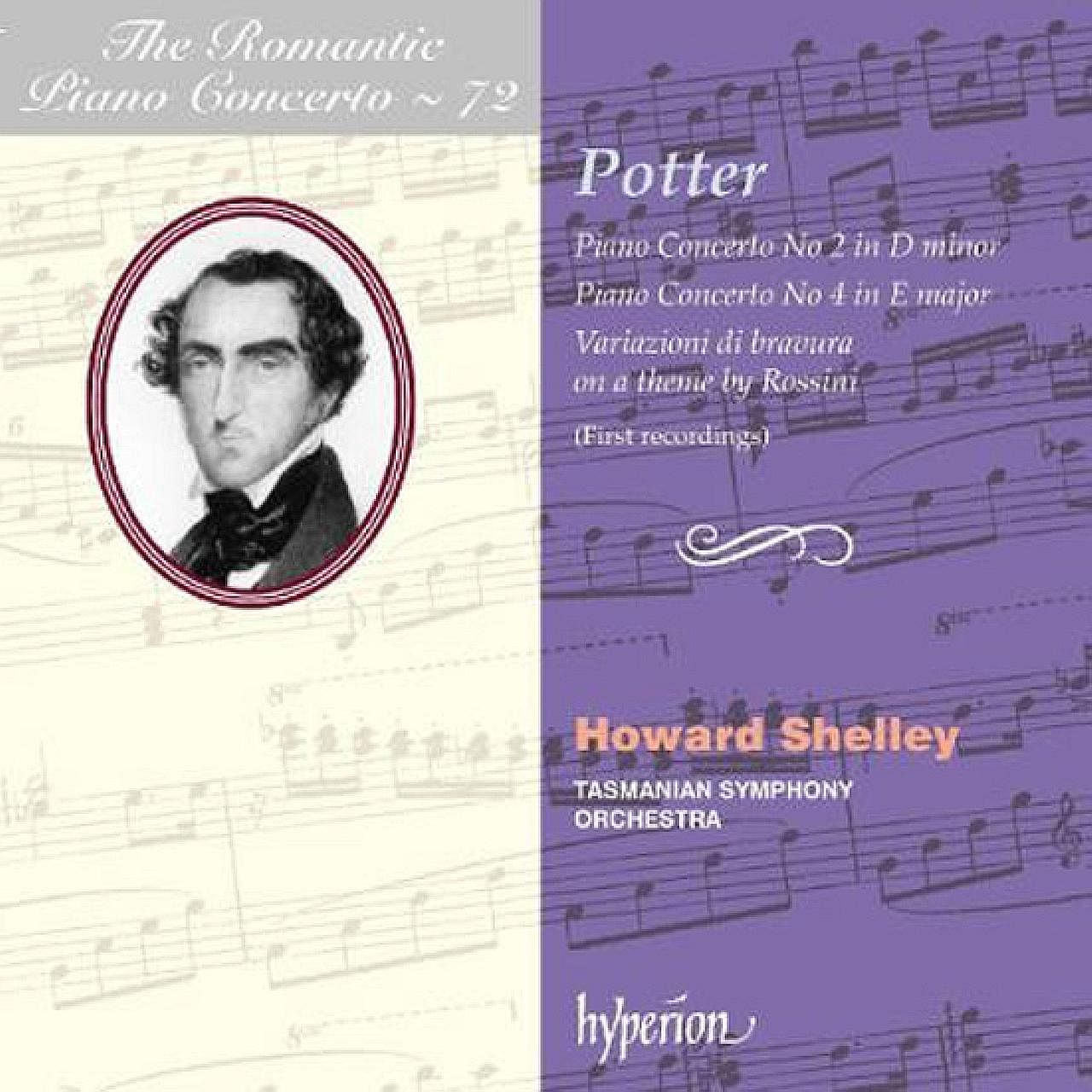JAZZ
MEETING OF MINDS
Bob Mintzer Big Band/ New York Voices
MCG Jazz
3.5 stars
From the first track of this aptly named album, it is evident that the Bob Mintzer Big Band and New York Voices have the same relaxed, focused approach to the Great American Songbook.
The 10 tracks on this easygoing album cherrypick mostly from the classic jazz repertoire of the 1930s and 1940s.
The vibe is mostly upbeat, maximising the Mintzer band's ability to play light and bright while capitalising on the Voices' velvety harmonies for silky harmonics and a luxe cocoon of auditory textures.
It helps that Voices member Darmon Meader and Mintzer work well together and the partnership for all the musicians seems to be a democratic one in the best of fashions.
Singers and musicians all get their moment in the sun in the programme, offering listeners a nicely diverse array of voices and players.
Peter Eldridge's warm lead vocal in I Concentrate On You is supported by his colleagues' sweet harmonies and gives way to trumpeter Scott Wendholt's bouncy solo.
The best tracks are the ones that stick closest to the tightly woven harmonies of the Voices, such as The Way You Look Tonight, which has them scatting in unison, with Mintzer's band offering swingy back-up.
If I have a quibble, it is with a couple of contemporary arrangements for some tracks - such as the 1960s funk-edged take on Old Devil Moon and the fusion jazz-tinged version of I Want To Be Happy - which jar with the timbre of the original tunes.
Still, this is a solidly produced album that is an easy introduction to jazz for newbies who want to dip a toe in.
Ong Sor Fern

OBSCURE CLASSICS
POTTER PIANO CONCERTOS NOS. 2 & 4, VARIATIONS DI BRAVURA
Howard Shelley, piano
Tasmanian Symphony Orchestra
Hyperion 68151
4.5 stars
English composer Philip Cipriani Hambly Potter (1792 to 1871), also known as Cipriani Potter, is so obscure that these are the first recordings of any of his piano concertos.
A highly regarded piano virtuoso during his time, he was responsible for the first performances in the British Isles of Beethoven's Third and Fourth Piano Concertos and the London version of Brahms' A German Requiem (scored for two pianos).
Being a close associate of Beethoven and admirer of Rossini, his music reflected the tastes of the late classical period, with a predilection for the bel canto idiom.
His Second Piano Concerto In D Minor (1832) opens with the same urgency as Mozart's famous piano concerto in the same key and develops in the manner of many early Romantic composers who were keyboard showmen - Hummel, Weber, Field and Mendelssohn come to mind.
The Fourth Piano Concerto In E Major (1835) is no more modern in its innovation of piano writing, but both concertos possess sumptuous slow movements which share similar inspirations as the earlier nocturnes of Chopin.
Variations Di Bravura (1829), based on an aria from the almost-forgotten opera Matilde Di Shabran by Rossini, completes this virtuoso showcase, which British pianist Howard Shelley (leading from the piano) pursues with characteristic vigour and scintillating aplomb.
Chang Tou Liang

